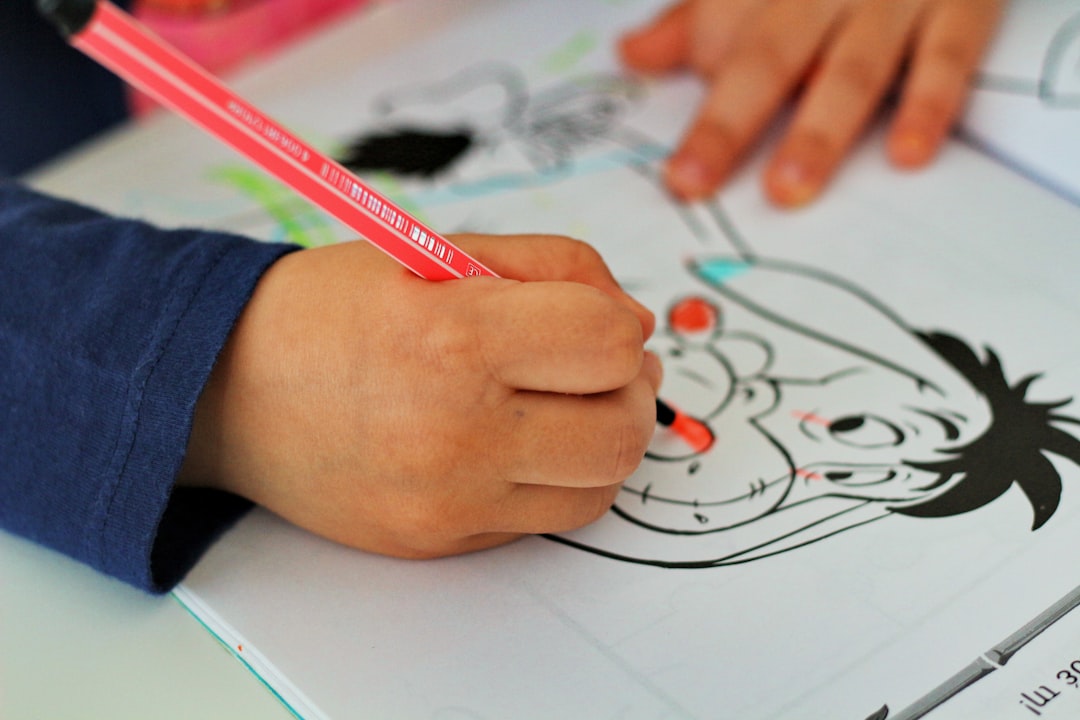In an era marked by rapid technological advancements and shifting economic landscapes, the imperative for lifelong learning has never been more critical. The children of today will navigate a world vastly different from the one we know now. As such, future skills and an ingrained habit of lifelong learning are essential gifts we can provide them. This article delves into the core competencies and strategies to prepare our children for the demands of the future, ensuring they not only adapt but thrive in the face of new challenges.
The Foundation of Critical Thinking
Critical thinking stands as a cornerstone skill in the lifelong learning process. It empowers children to analyze information, reflect on different perspectives, and make informed decisions. To cultivate this skill, educational systems and parenting approaches must prioritize inquiry-based learning where children are encouraged to ask questions and think deeply about their responses. Interactive learning environments, where ideas are openly discussed and debated, can foster a culture of critical thinking from an early age.
Emotional Intelligence in a Digital Age
As digital interactions increasingly replace face-to-face communications, emotional intelligence (EI) becomes crucial. EI involves understanding and managing one’s emotions and empathizing with others. Schools and parents can teach EI by encouraging children to express their feelings and by modeling empathetic behavior themselves. Activities that require teamwork and cooperation also promote the development of EI, as children learn to navigate and respond to the emotions of others.
Technological Fluency Beyond User-Level
Technological fluency in the future will go beyond being able to use gadgets; it will mean understanding and manipulating the systems and algorithms that make technology work. This can be initiated through coding classes, robotics clubs, and other STEM-related activities. By demystifying technology, we ensure children are not just passive consumers but also active creators and innovators.
Adaptability and Resilience
The ability to adapt and bounce back from challenges is a critical life skill, especially in a fast-changing world. Resilience can be nurtured by exposing children to diverse experiences and encouraging a growth mindset—viewing challenges as opportunities to learn rather than obstacles to overcome. Teaching kids to set realistic goals and manage expectations can also help them handle the ups and downs they will inevitably face in their lifelong learning journey.
Global Citizenship and Multicultural Awareness
In the global village of tomorrow, understanding and appreciating cultural diversity will be key to personal and professional success. This involves more than just knowing about other cultures; it requires active engagement and interaction. Schools can promote multicultural awareness through exchange programs, international curriculums, and languages studies, preparing children to operate effectively and empathetically in a global context.
By focusing on these areas, we can equip our children with the skills necessary to navigate their futures successfully. Lifelong learning is not just about continual education but about fostering a mindset that embraces change, values growth, and understands the interconnectedness of our world. It’s about preparing the next generation not just to succeed but to excel and lead in their future endeavors.






